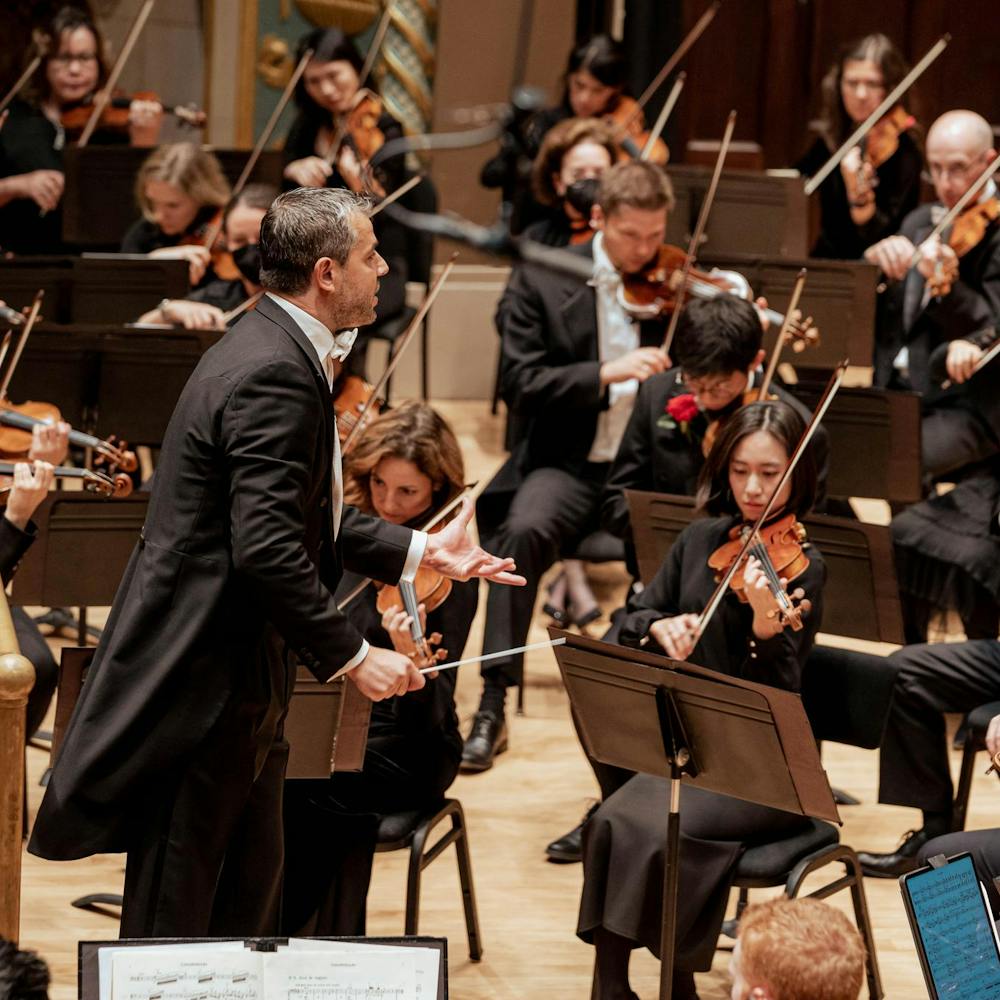By now you’ve probably heard about the recent militia plot to kill police officers. According to federal investigators, a militia based out of Adrian, Mich., hoped to incite a larger uprising through violent confrontation with federal forces.
The fighting would have been initiated by the murder of a police officer sometime in April, followed by bombing the officer’s funeral. Eight militia members have been charged with conspiracy “to levy war against the United States, (and) to oppose by force the authority of the government of the United States.”
It’s tempting to dismiss this as an isolated case, a few nut jobs who are too crazy to be taken seriously. Anti-government militias are nothing new, after all. Given the racial history of this country, however, we should know better. Given the talk of a state-sponsored militia in Oklahoma, the purpose of which would be to defend against “federal infringement” on states’ rights, we should be paying careful attention.
As one might expect, the rabidly anti-government Tea Party supports the idea. (Why shouldn’t it, given the popularity of toting automatic weapons at its rallies?) So do many elected officials, such as state Rep. Charles Key, R-Oklahoma City, who has talked about introducing legislation to create the state-sponsored militia. State Sen. Randy Brogdon, R-Owasso, a Republican candidate for governor, has called the militia a “great idea.” In the subtext of these statements, Key and Brogdon are giving us their professional opinions as politicians: The racist and seditious populism of George Wallace is back in style.
George Wallace was the governor of Alabama for four terms between 1963 and 1987, and a four-time presidential “also-ran” (three times as a Democrat, and once as an independent). He is famous for his pro-segregation rhetoric, having said in his first inaugural speech: “In the name of the greatest people that have ever trod this earth, I draw the line in the dust and toss the gauntlet before the feet of tyranny, and I say segregation now, segregation tomorrow, segregation forever.” That line accurately describes Wallace’s style for most of his career: not only racist, but nationalist and populist. He opposed the “tyranny” of the federal government and effectively painted himself as a people’s champion. The significance of his approach is not merely that he used blacks as scapegoats to satiate poor whites; that goes back to the days of slavery. What’s significant is that he tied that scapegoating to anti-authoritarian sentiment, something essential to our idea of democracy.
Wallace wrote the book on Tea Party politics, even as they’ve only come into existence some 10 years after his death. In true Wallace style, the Tea Party (as evidenced by its name) exploits an idea central to our national self-image, one of armed citizens rising against a tyrannical government. It exploits the recession, which has millions of Americans looking for someone to blame. And, of course, a black man was recently elected president.
That the Tea Party is a racist backlash to President Barack Obama is undeniable. It came into existence almost immediately after he was elected, despite the fact that every president since Jimmy Carter has expanded the size and power of the federal government. Tea Party rallies regularly feature overtly racist signs (One example: “Stand idle while some Kenyan destroys America? I don’t think so!!! Homey don’t play dat!!!”) and are known to be recruiting grounds for white supremacist groups. The claim that it’s about poverty and not race is ridiculous; history shows us that racism and poverty go hand in hand. If you really don’t believe that Obama’s election has stirred racist sentiment, you need only look to the spike in white supremacist recruitment following the election.
It’s been said that the Tea Party movement is an “astroturf” movement (as opposed to “grassroots”), more or less run by such right-wing factions as News Corporation and Americans for Prosperity. It is no less populist for that. Politicians from Randy Brogdon to John Boehner are taking it seriously because its playbook has been proven to be effective, especially in hard times. Anyone concerned about racial violence and domestic terrorism should take it equally seriously.
Joel Reinstein is a State News guest columnist and Residential College in the Arts and Humanities junior. Reach him at reinste5@msu.edu.
Support student media!
Please consider donating to The State News and help fund the future of journalism.
Discussion
Share and discuss “Tea Party should not be taken lightly” on social media.


